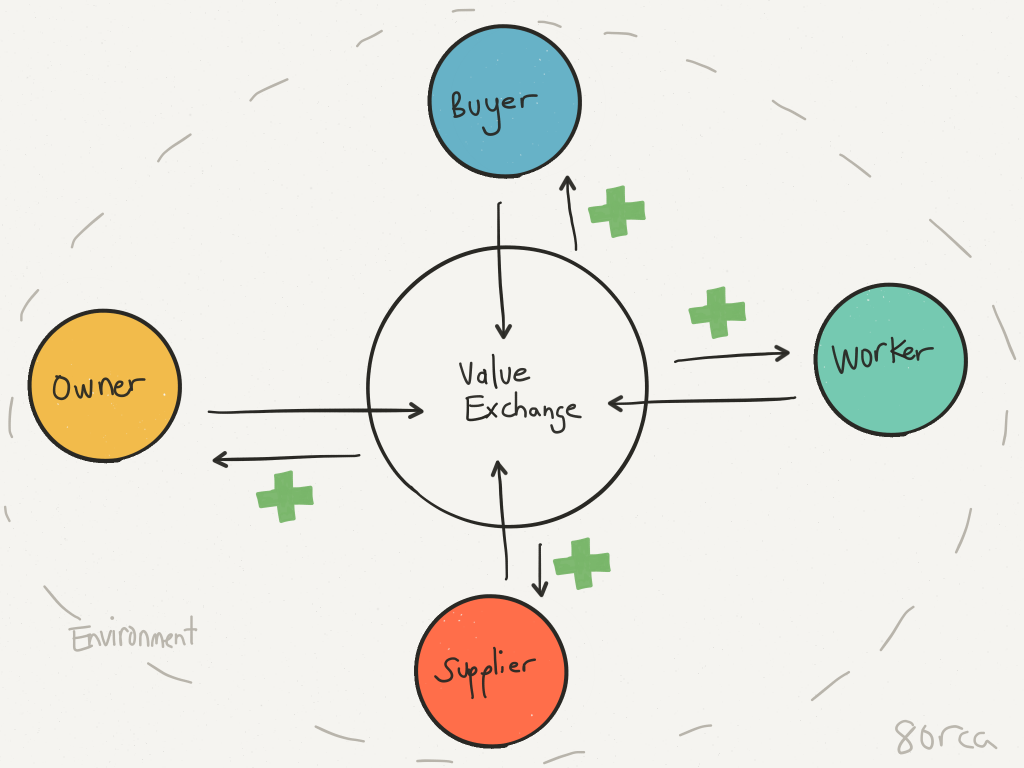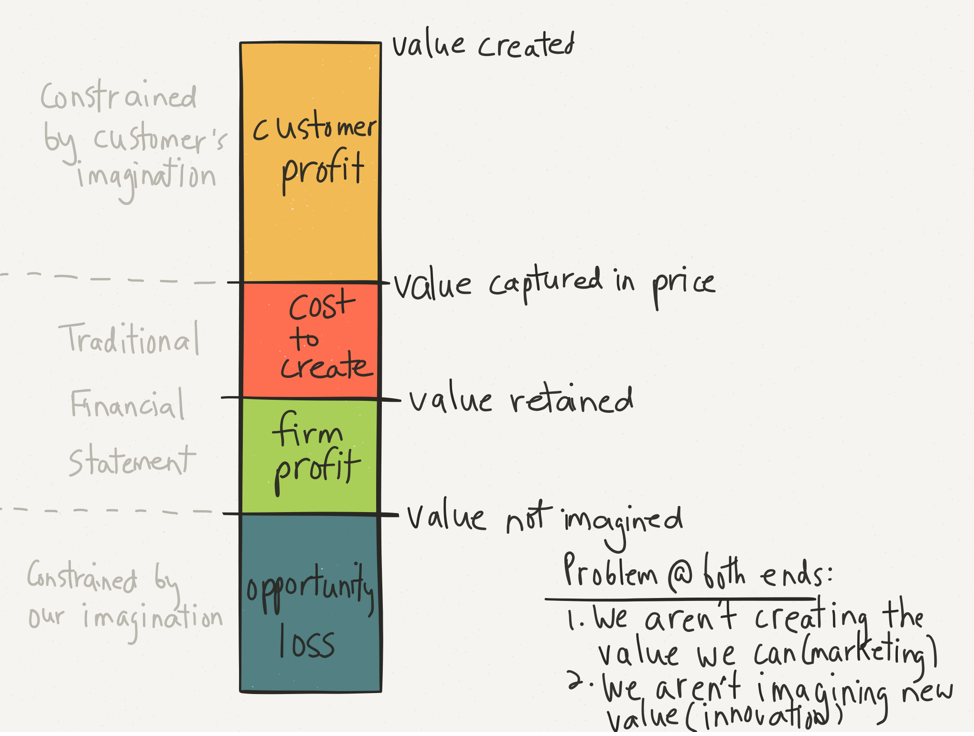 You’ve seen those car commercials: the sleek, sporty car expertly threading through rural roads as it speeds its way towards bliss. And along the bottom of your screen in small print: “Do not attempt – Professional driver on a closed course.”
You’ve seen those car commercials: the sleek, sporty car expertly threading through rural roads as it speeds its way towards bliss. And along the bottom of your screen in small print: “Do not attempt – Professional driver on a closed course.”
Man, what a let down. 😉
I’m here to tell you that value pricing is like that – if you’re not an entrepreneur, do not attempt. Value pricing is not in the professional mainstream yet (though one day will be), and you could wait for the rest of the herd to move before re-examining your business model (though realize that strategy comes with its own risk too).
But if you’ve decided to become a ‘professional driver on a closed course’ (a.k.a. an “entrepreneur”), I’d like to provide a little lay of the economic landscape to help inspire you on your journey. Continue reading “The Role of the Entrepreneur”


